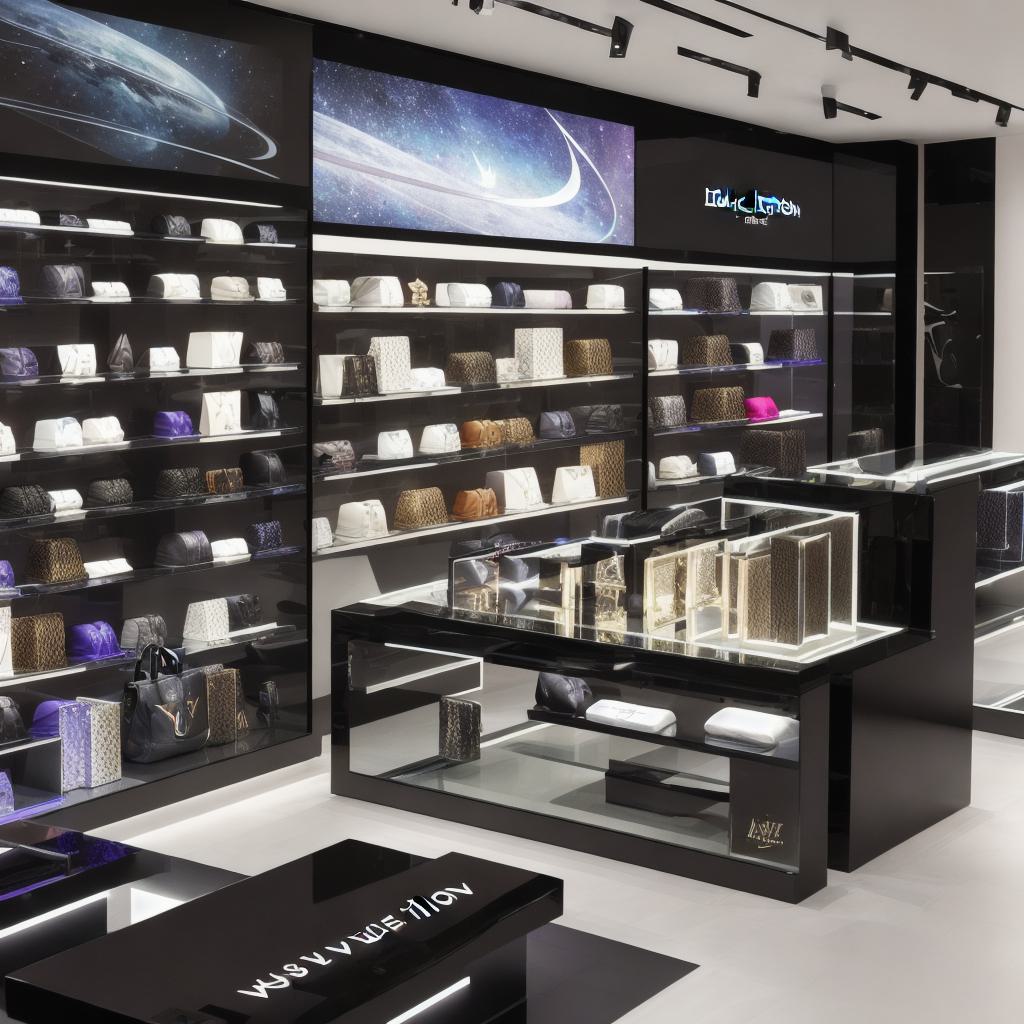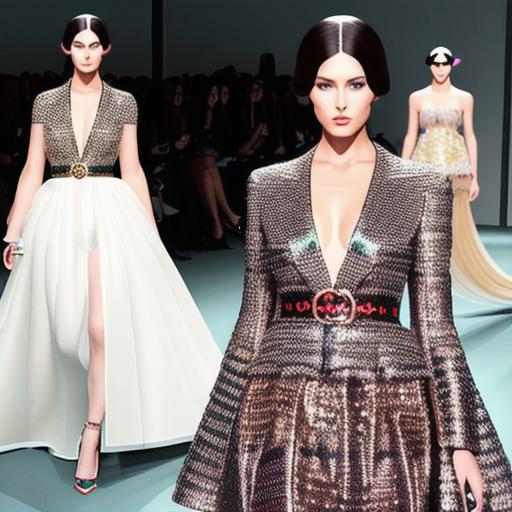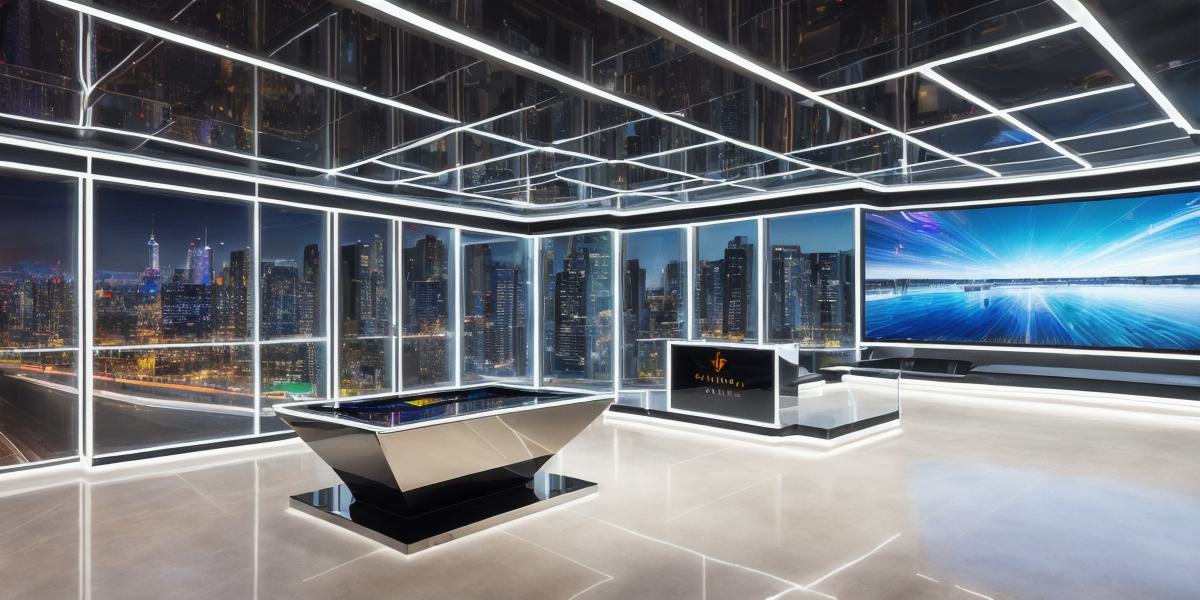In today’s digital age, luxury brands are leveraging virtual worlds to create immersive experiences for their audiences. The metaverse, a collective virtual shared space, created by the convergence of virtually enhanced physical reality and physically persistent virtual reality, offers unique opportunities for marketing strategies that go beyond traditional methods. Let’s explore how luxury brands are making the most of this new frontier.
1. Virtual Fashion Shows
One of the most notable ways luxury fashion brands are using the metaverse is by hosting virtual fashion shows. Brands such as Gucci, Balenciaga, and Prada have showcased their latest collections in virtual environments, providing an exclusive experience to a global audience. These events often include interactive elements like avatar customization or product purchases, allowing attendees to engage with the brand on a deeper level.

2. Virtual Stores and Pop-ups
Luxury brands are also setting up virtual stores and pop-ups in the metaverse for consumers to explore and purchase products. These digital spaces often replicate real-life retail experiences, allowing customers to interact with products as they would in a physical store. Brands like Louis Vuitton, Nike, and Balmain have already taken this approach.
3. Virtual Brand Experiences
Luxury brands are also investing in creating virtual brand experiences that go beyond shopping. These experiences can include art installations, interactive games, and educational content. For instance, Chanel’s Rue Cambon store in the metaverse offers a virtual tour of its iconic Parisian boutique and features exclusive events like fashion workshops.
4. Collaborative Partnerships

Collaborative partnerships between luxury brands and gaming platforms or virtual world creators are another way luxury brands are making their presence felt in the metaverse. For example, Tiffany & Co.’s collaboration with Roblox resulted in a virtual store where players could purchase exclusive digital items like necklaces and earrings using real money.
5. Building Virtual Communities
Luxury brands are also investing in building virtual communities where fans can engage with each other and the brand. These spaces often include forums, social media integrations, and exclusive events. For instance, Christian Dior’s virtual world on Decentraland offers a unique platform for Dior enthusiasts to connect and share their experiences.
**Summary:**
The metaverse presents luxury brands with exciting opportunities to create immersive and engaging experiences that transcend the physical world. From virtual fashion shows and stores to interactive brand experiences and collaborative partnerships, luxury brands are using this new frontier to reach and engage with audiences in innovative ways. The future of luxury marketing lies in the metaverse, where virtual worlds intersect with reality, creating a rich tapestry of possibilities for brands and consumers alike.
